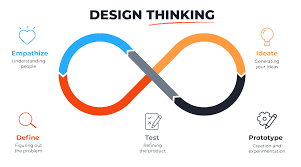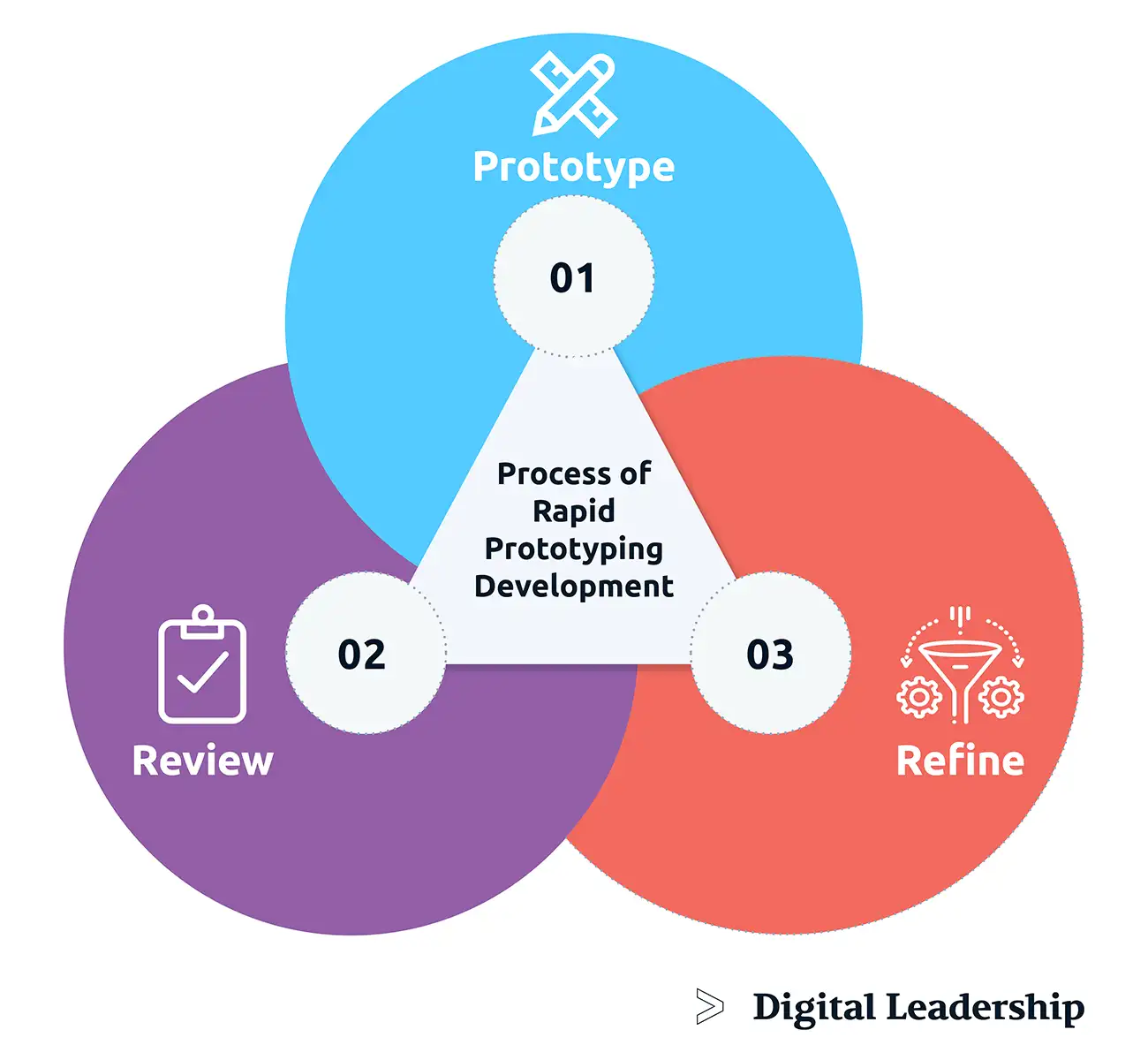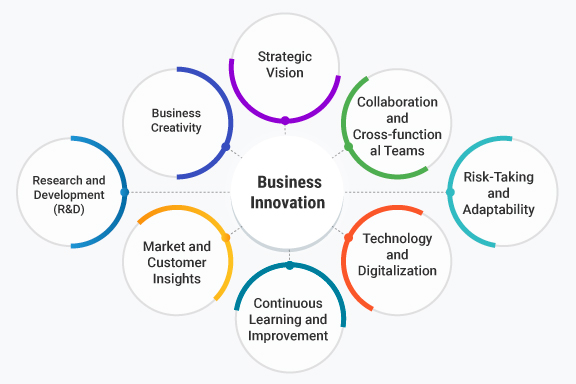AI retail merchandising ain’t just a buzzword anymore. It’s your next smart move. This article is gonna walk you through everything you need to know about AI-powered merchandising in a simple way). We’ll explore real-world benefits common drawbacks and what industry experts like Tamer Badr the owner of Singleclic think about it.
What is AI Retail Merchandising?
AI retail merchandising means using artificial intelligence to improve how products are managed displayed and promoted in physical stores or online. It’s not about replacing humans it’s about giving teams tools that actually work.
AI can help:
- Predict what products will sell more
- Optimize product placement on shelves or screens
- Personalize shopping experiences for every user
- Manage inventory better and reduce waste
Retailers who adopt this approach can gain a huge edge. But hold up there are a few things you should know before diving in head first.
“AI is not a magic trick it’s a powerful helper. It needs your input to perform right” – Tamer Badr, founder of Singleclic
Why AI Merchandising is Taking Over
Better Product Recommendations
AI systems track customer behaviors like clicks searches and purchases. Then they use that data to recommend what people might want next. Think of Amazon showing you exactly what you didn’t know you needed. That’s AI.
Benefits:
- Increased sales
- Personalized experiences
- Higher customer loyalty
Drawbacks:
- Data privacy is still a thing. Be careful how data is collected and used
Real-Time Inventory Management
AI tracks what’s flying off the shelves and what’s collecting dust. It helps retailers order smarter and avoid overstock or out-of-stock issues.
Upside:
- Reduces waste
- Improves logistics
- Keeps customers happy
Downside:
- If sensors or integrations fail you’re stuck with incomplete info
Smarter Pricing and Promotions
Dynamic pricing engines use AI to change prices in real-time based on demand competition and other factors.
Pros:
- Maximizes profits
- Attracts price-sensitive buyers
- Encourages quick decision-making
Cons:
- Can be confusing or even frustrating for customers
- Risk of eroding brand value if done too aggressively
How Retailers Are Using AI Today
Let’s get practical. Here’s where AI is already at work in the wild:
- Visual Merchandising – AI cameras analyze foot traffic in stores to see what displays work
- Voice Commerce – Think Alexa and Google Home placing orders for people
- Chatbots for Customer Support – Automate common questions with smart responses
- Facial Recognition – Used (ethically we hope) to read customer moods and personalize offers
- Product Tagging & Auto-Categorization – Huge time-saver for eCommerce catalog management
People Are Always Asking…
- “Will AI replace merchandisers?”
No it won’t. It’ll make their jobs easier by removing the grunt work. - “Do I need a big budget to start with AI?”
Nope. There are scalable solutions for all sizes from startups to giants. - “What if it gets the data wrong?”
That’s where human oversight comes in. AI is smart but it still needs guidance. - “Is AI only for online stores?”
Not at all. Brick-and-mortar stores benefit hugely from smart shelves and inventory tools.
The Singleclic Approach to AI Retail Merchandising
At Singleclic they build AI solutions for both B2C and B2B setups that make sense and actually work. They focus on scalability usability and performance.
Services They Offer:
AI-Powered Retail Dashboards
What It Does:
- Tracks KPIs like sales footfall inventory turnover
- Predicts demand
- Suggests reordering schedules
Cool Part:
- Connects easily to existing systems
Downside:
- May require upfront setup costs and training for non-techy teams
AI Data Analytics for Merchandising
Offered through their Data Analytics Service
Benefits:
- Deeper insights from customer and sales data
- Helps you make smarter display and product choices
Drawbacks:
- Data must be clean to begin with
- May take time to see results
“Our focus has always been on building solutions that work for real people not just dashboards that look cool” – Tamer Badr
Steps to Get Started with AI Retail Merchandising
If you’re ready to dip your toes into AI merchandising here’s a simple plan
Step 1: Define Your Goals
- Do you want to reduce returns?
- Improve product discovery?
- Increase in-store engagement?
Step 2: Choose the Right Tools
- Use AI that fits your current size and budget
- Avoid “one-size-fits-all” platforms
Step 3: Integrate With Your Existing System
- Make sure new tools work with your POS ERP CRM etc
Step 4: Monitor and Optimize
- Use real-time dashboards
- Adjust strategies based on what the data tells you
Step 5: Keep Humans Involved
- Human merchandisers still play a crucial role
- Let AI handle the analysis while you make creative calls
Retail Reviews: What Users Say
🛍️ Maria K. (Fashion Retailer):
“After integrating Singleclic’s analytics we cut our unsold stock by 35% in three months.”
🧸 James O. (Toy Chain Buyer):
“It helped us plan seasonal items better but we had to train our team on the new system.”
📦 Sara D. (eCommerce Manager):
“We’re now using AI for pricing and honestly it’s doing a better job than we could ever do manually.”
AI Retail Merchandising: Frequently Asked Questions
What industries can benefit?
Any retail sector—clothing groceries electronics furniture—you name it
How soon can I see results?
Most tools take a couple of months to show full impact but small wins appear early on
Can I use AI without a developer team?
Yes many vendors including Singleclic offer plug-and-play platforms
What if my data is messy?
Start cleaning it now. Good AI relies on clean consistent data
Final Thoughts
AI retail merchandising ain’t just for the tech-savvy elite. It’s a practical smart way to stay competitive and meet modern customer demands.
Yes there are risks. But if you partner with the right team (like Singleclic) and use it strategically you’ll see that AI isn’t replacing jobs it’s reshaping them for the better.
“AI is not the future. It’s already here. The winners are the ones using it today.” – Tamer Badr







